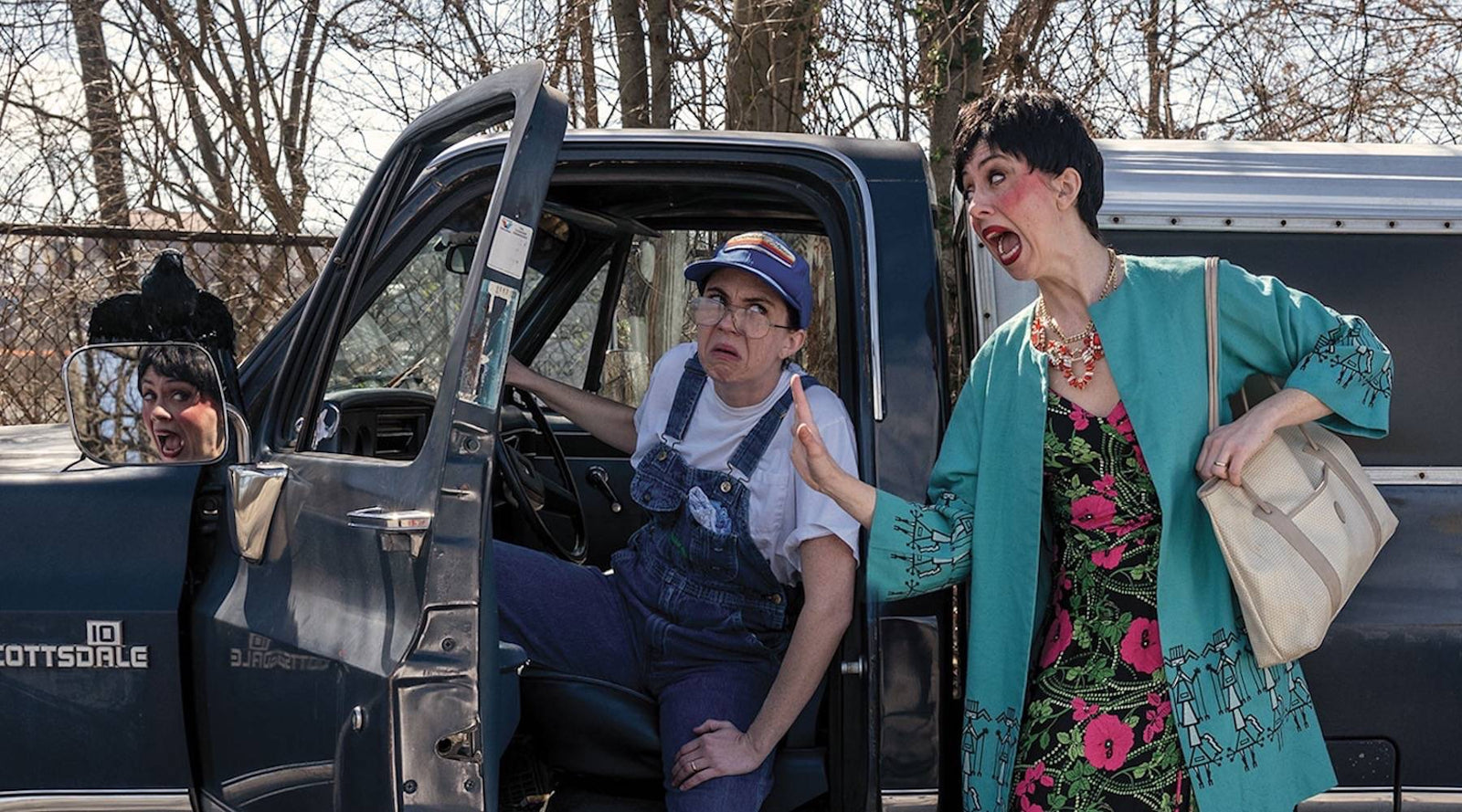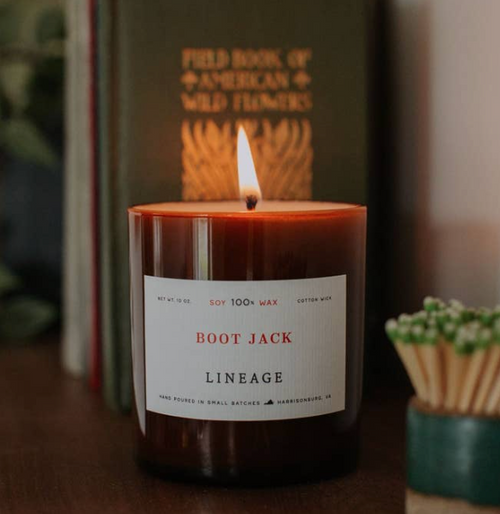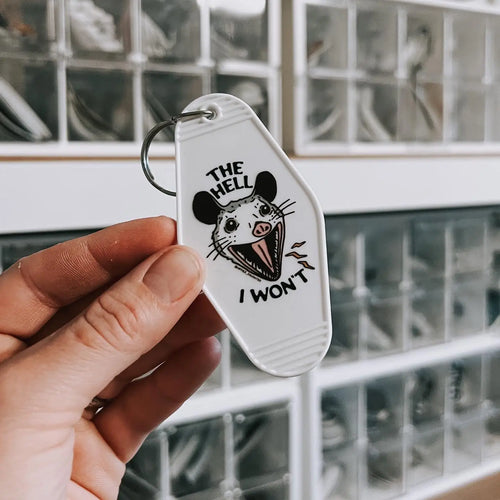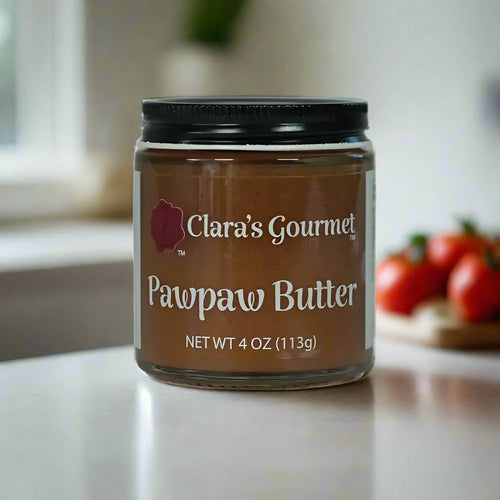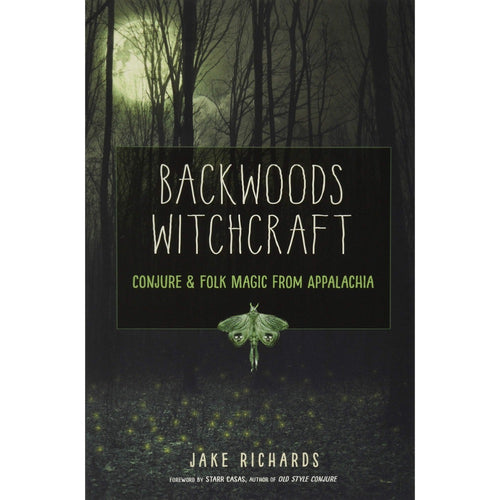
I wasn't expecting counsel before the beep. It threw me. I stumbled through my message and hung up, thinking two things.
First, why on Earth did she say that?
This was her office number, a professional voicemail account. Had she forgiven someone for such a galling offense that it bled past the bounds of her personal life? Was the opposite perhaps true; did she herself need forgiveness for something big? Or was she just asking callers to forgive her if it took her a while to call back?
There was no way to know for sure. Rather than create elaborate stories about why she recorded this (which is exactly the kind of thing I'd do), I focused on the other question--was she right? Is forgiveness actually a decision--a conscious choice we make rather than an emotional point at which we arrive? Is it more like picking toast for breakfast than falling in love?
This has been bouncing around my head all week, bumping up against memories--times when I screwed up and points when I felt wronged. There are some glaring workplace faux pas (most resulting from lapses in my verbal filter); a few friend break-ups; and, of course, the long-lingering regret of romantic missteps.
With this jumble in mind, I ran across "Barbed Wire," a short story from Brian Hyer. Published in the current issue of Appalachian Heritage, it pivots around the question of forgiveness. It is about a wife's infidelity and the impassioned dilemma that her husband faces.
Take a read, and let us know what you think. Do you like the piece? How does forgiveness figure into it? When you've forgiven people, did it feel like an emotion or were you making a conscious choice?
*
BARBED WIRE
BY BRIAN HYER
A woman acts a certain way when she’s in love. I know, because I remember how Joan took to me before we married. Now I see it again, only this time it ain’t my doing, because in the morning when I go to kiss her and she pulls away from me, I know there’s something bad smothering us, bad like the morning fog that clouds a perfectly good view of Balsam Mountain.
“Let’s go out to eat tonight,” I say. I follow Joan into the kitchen and reach out my hand to touch her shoulder.
“We can’t afford to,” she says, and bends away so my hand can’t reach her. “Not when we’ve got food in the refrigerator.”
I tell her we’ve been eating store-bought food going on two weeks, but she don’t budge. “Maybe this weekend,” she says. “Besides, I’ll be late getting home tonight.”
“Why?” I ask, as if I hadn’t seen her and Bobby Harmon talking every time I walk into Bi-Lo. Like I hadn’t seen them drive off together at lunchtime.
“I already told you,” she says. “Bobby’s making us work overtime. It’s only an hour or two.”
I try not to think what can happen in an hour or two, or all the overtime she’s worked, how those hours never show up on her paycheck. I try not to think of the perfume she sprays on her neck when she leaves in the morning, as if to cover up some plainness with our lives she ain’t satisfied with.
CONTINUE READING
You might also like Love and a Troubled Colon



